Alessandra Oppio, Marta Bottero, SIEV
In recent years, artificial intelligence techniques are increasingly used to perform classification, association, optimization and prediction operations in multiple application domains. Within the framework of the Estimation and Evaluation discipline, the use of large-scale estimates and the development of tools to support complex decisions has long required the use of algorithms capable of collecting, analyzing and processing a large amount of data.
In addition, the growing availability of Big data from different sources (energy consumption, emissions into the atmosphere, land use, mobility, etc. ) amplifies the potential of the use of Artificial Intelligence in the processes of evaluation of urban and territorial transformations, making more effective the ability to identify patterns that traditional methods fail to capture, to support more robust predictive analysis and to provide assistance in generating alternative scenarios within decision-making problems characterized by high complexity and uncertainty. In this context, the seminar aims to reflect on the role of AI in our society from various angles, which will be investigated through the involvement of experts with knowledge and skills useful to outline the context in which the challenges of research, teaching and profession for the discipline of Estimo and Evaluation are posed
PROGRAM
14:30 start of work
Introduction
Fabrizio Battisti, University of Florence
Submission of contributions
Real estate and real estate
Moderate
Giorgia Malavasi and Laura Gabrielli
“An innovative market-oriented approach in real estate estimates: Maximum Entropy Principle and Similarity Measures”
Pierfrancesco De Paola, Francesco Tajani, Francesca Salvo, Daniela Tavano
“Automation of market surveys: Integration of Web Scraper, Natural Language Processing and Machine Learning”
Edda Donati, Sergio Copiello, Pietro Bonifaci
“Analysis and evaluation of the urban real estate market: an approach based on Artificial Intelligence and Regression Analysis”
Rossella Scorzelli, Benedetto Manganelli, Francesco Paolo del Giudice
Decision support tools and AI
Moderate
Elena Todella and Giulia Datola
“Measuring variables in advanced valuation models: a rational methodological approach”
Felicia Di Liddo, Aurora Greta Ruggeri, Laura Gabrielli, Francesco Tajani, Pierluigi Morano
“Decision-making is not so much a matter of intelligence (artificial or not)”
Isabella M. Lami, Stefano Moroni
“Generating Shared Knowledge: the role of AI in structuring decision-making problems”
Sabrina Sacco, Maria Cerreta
AI and sustainability
Moderate
Eleonora Righetto and Federico Dell’Anna
“Massive urban quality assessments using AI: examples of application to urban walkability”
Ivan Blečić, Matteo Mocci, Emanuel Muroni, Valeria Saiu, Giuseppe A. Trunfio
“Exploiting Generative AI Models for Cultural Conservation and Analysis: Case of Use of Persian Architecture”
Shamandi Honejni, Gianvito Urgese
“Values in the mirror. Economic-valuative aspects of the Digital Twins in the protection of historical and architectural heritage”
Maria Rosa Trovato, Ludovica Nasca, Vittoria Ventura, Salvatore Giuffrida
Conclusions
Marta Bottero, Politecnico di Torino, Director of the SIEV magazine “Valori e Valutazioni”
Italiano

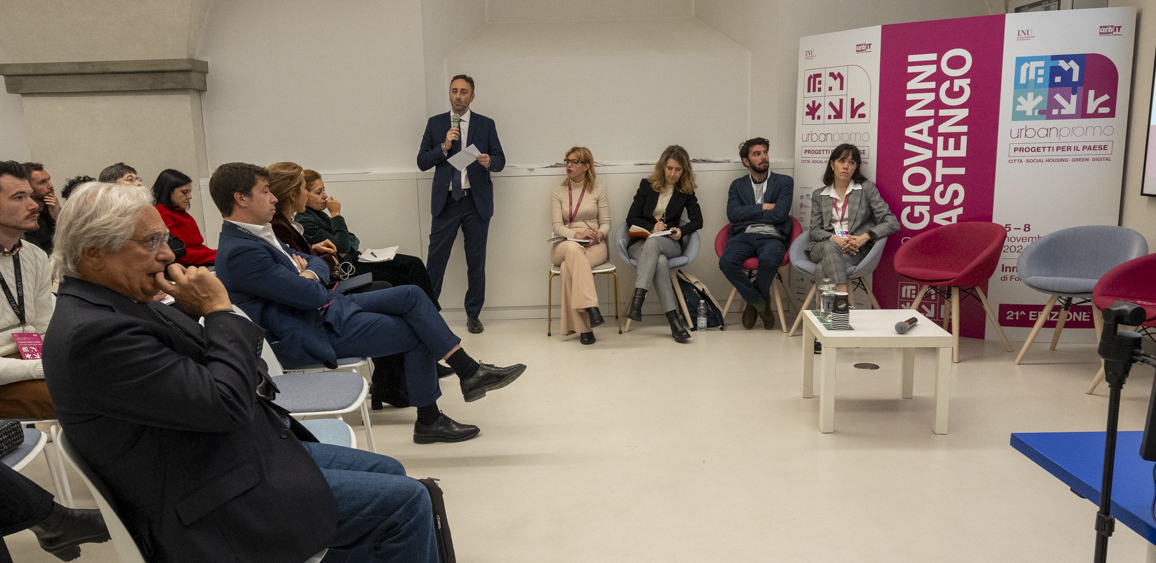
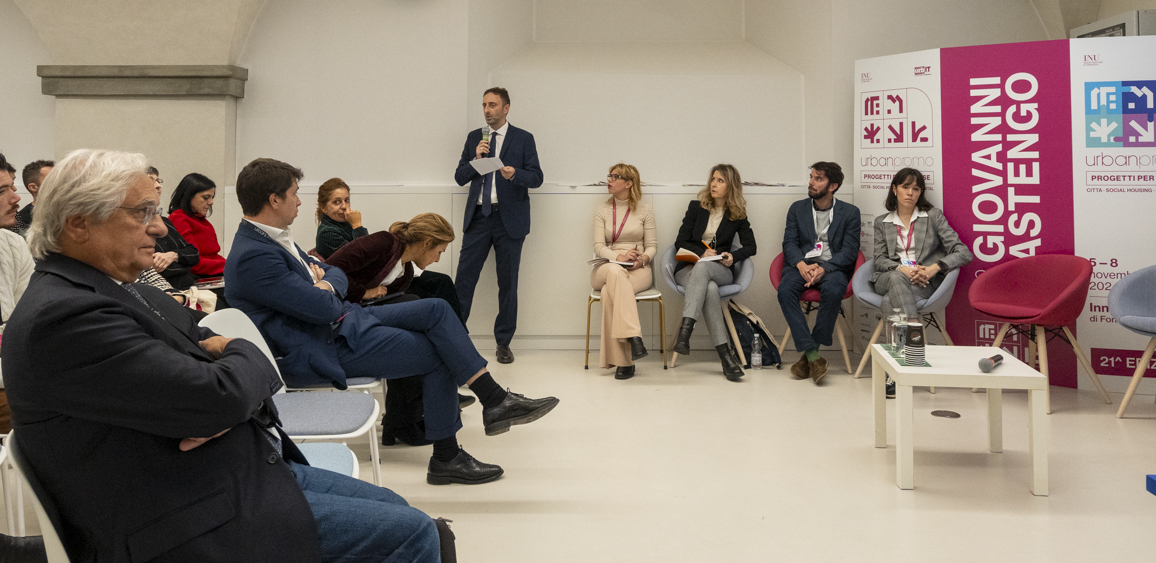
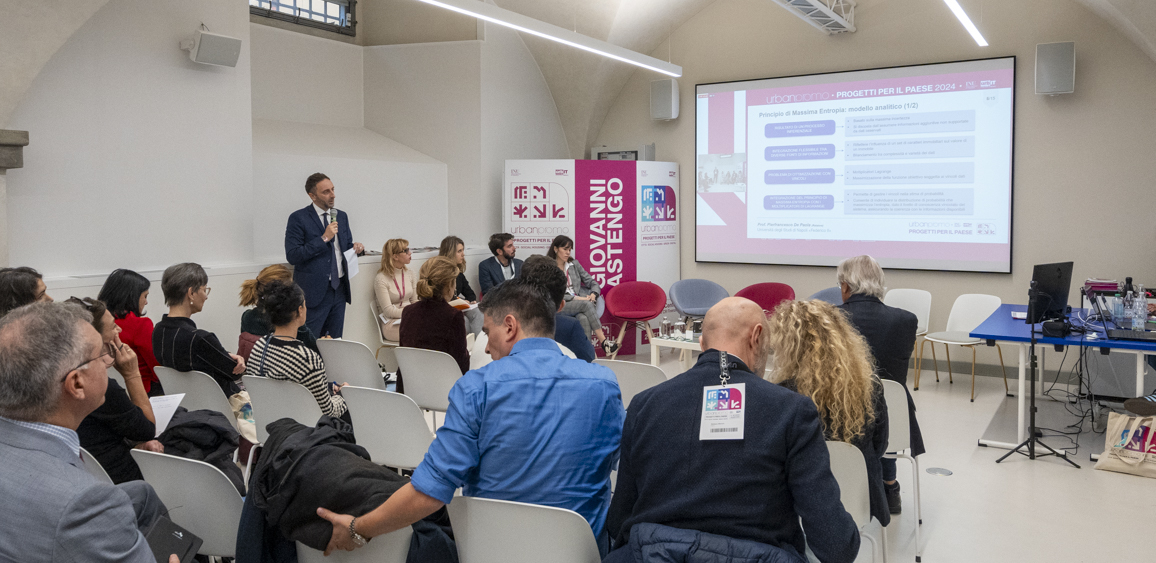
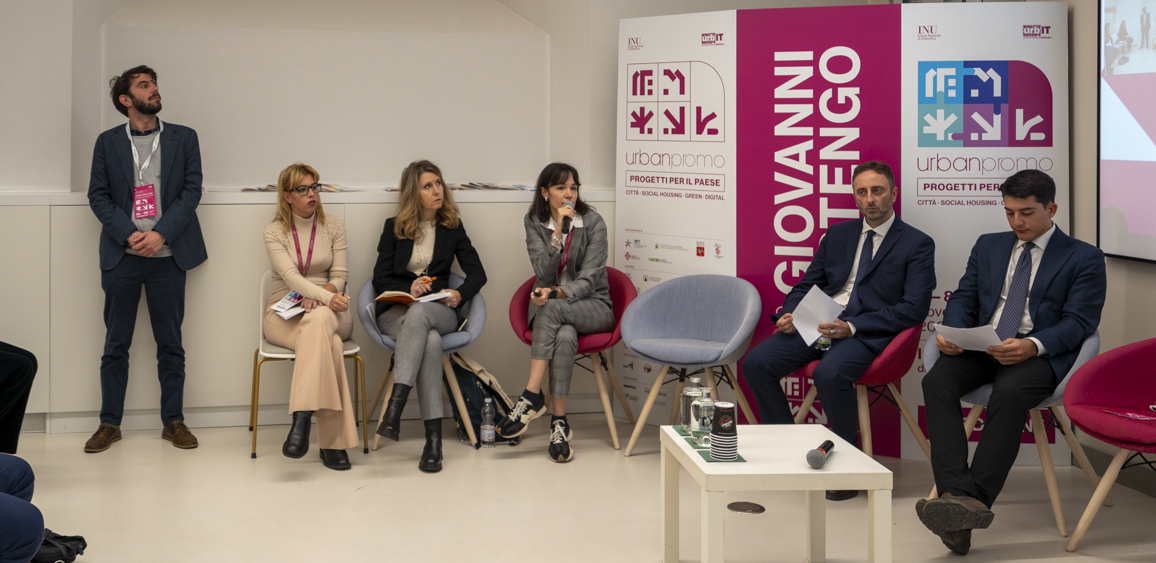
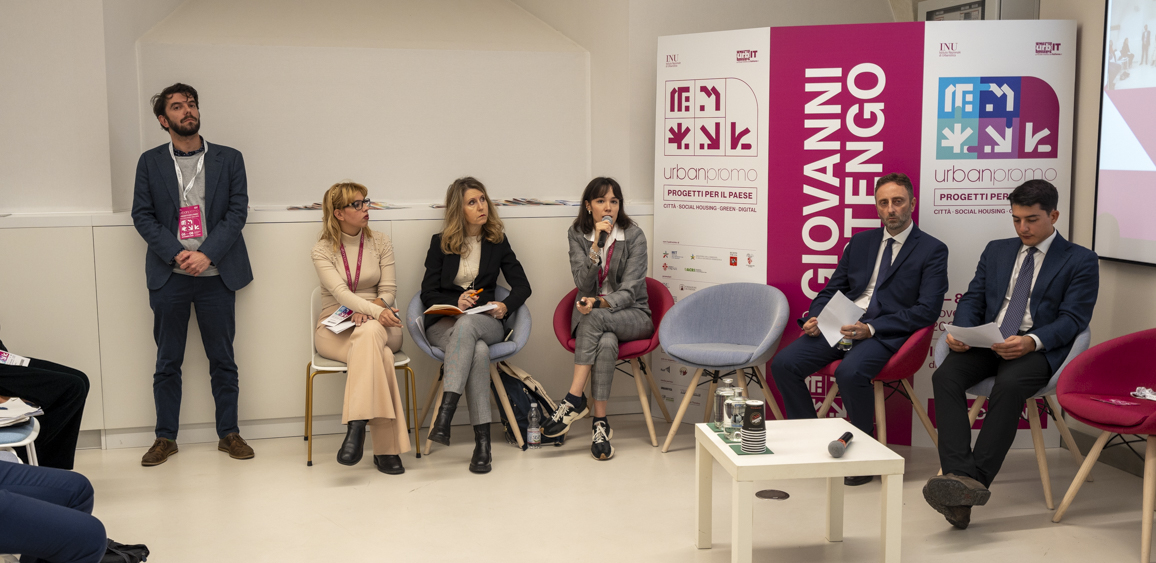
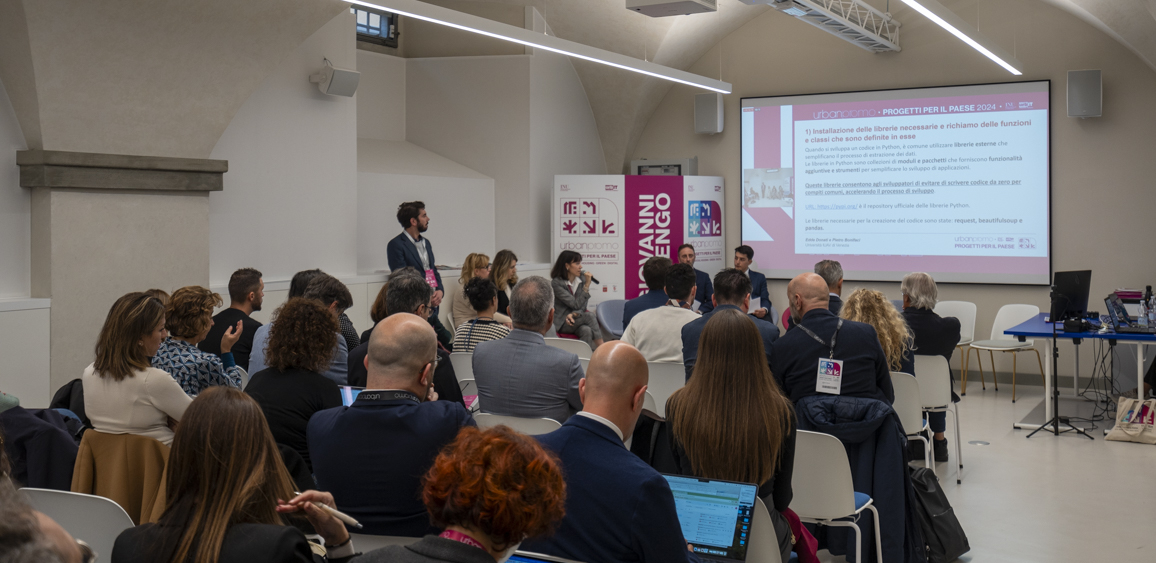
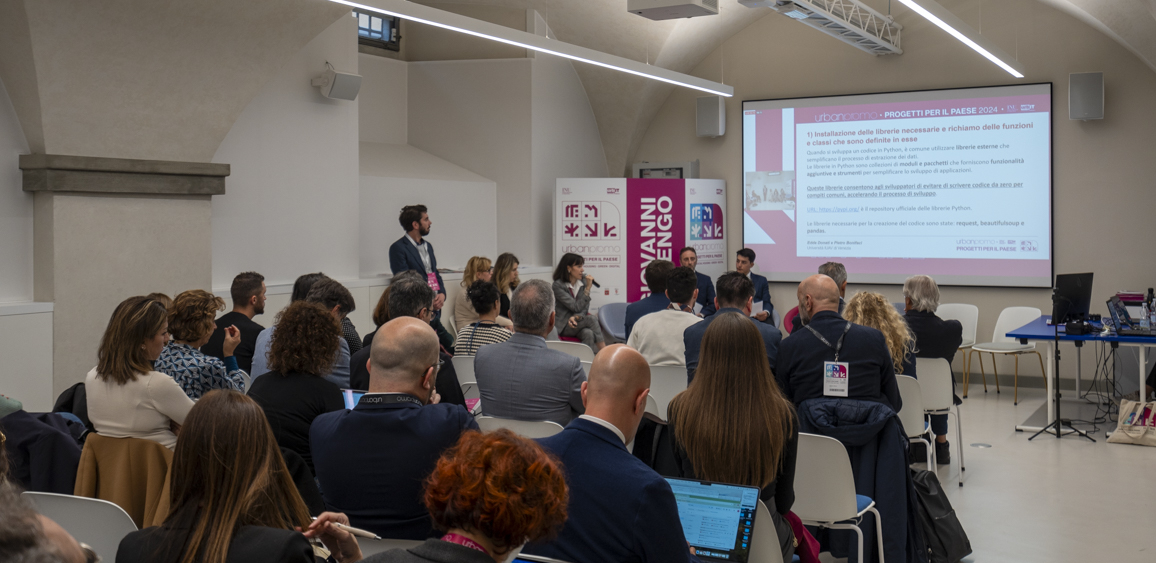
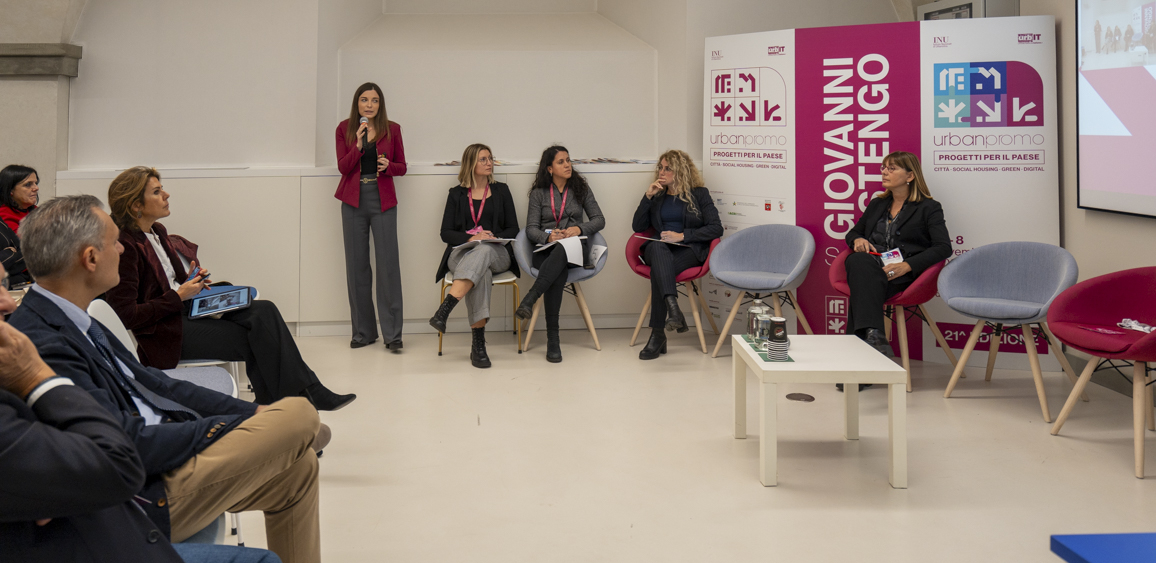
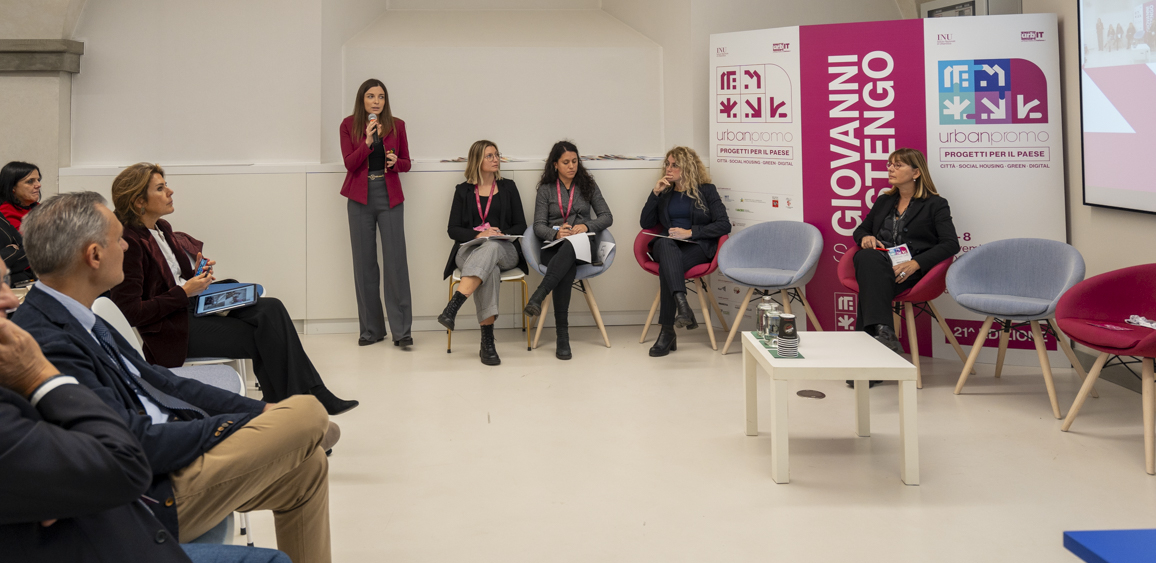
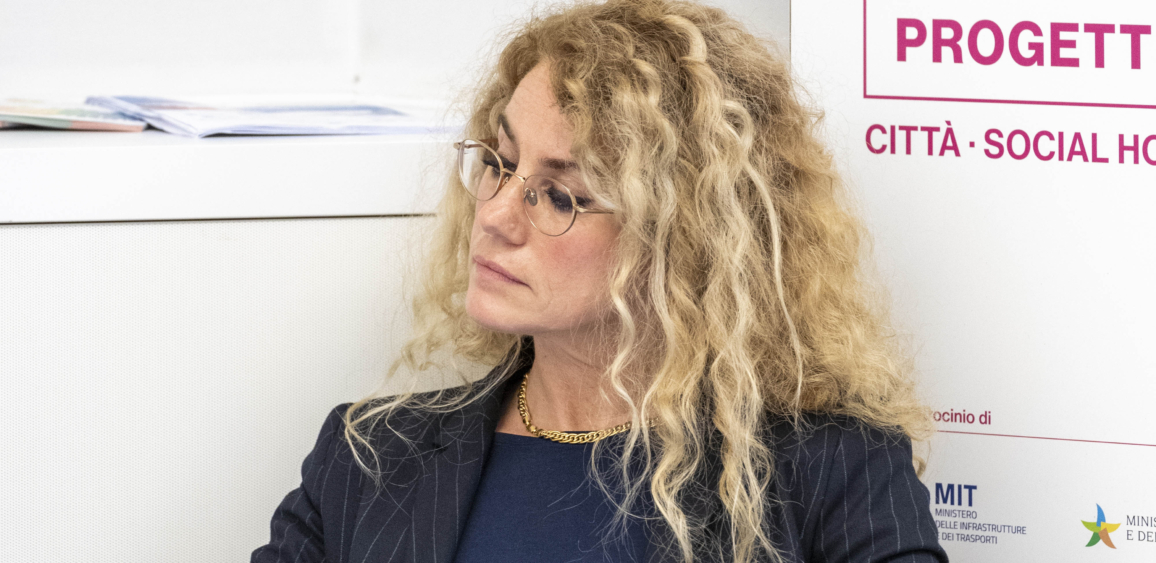
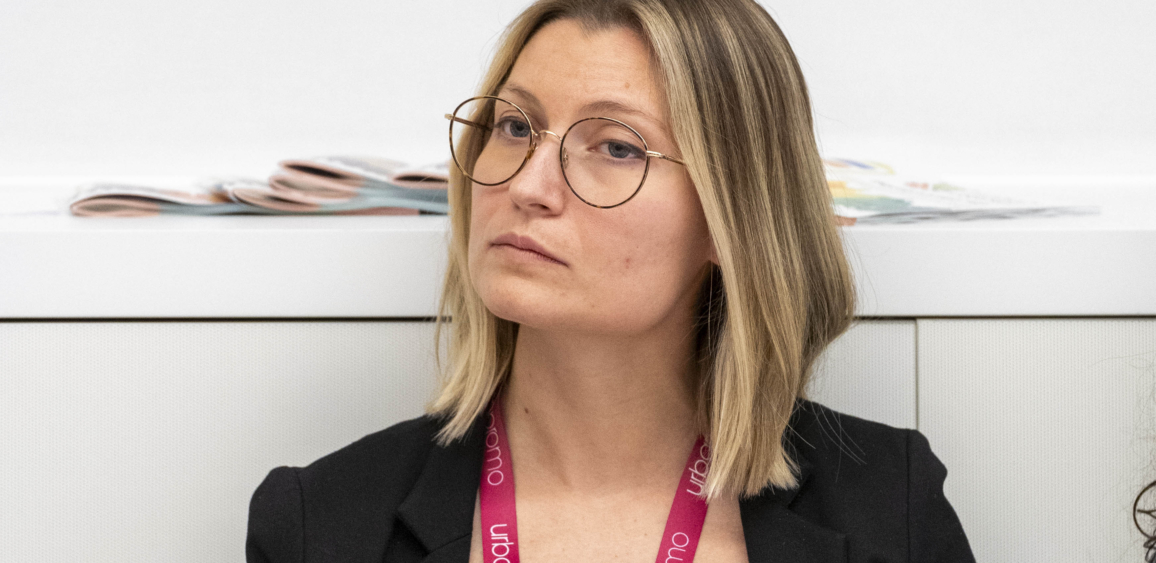

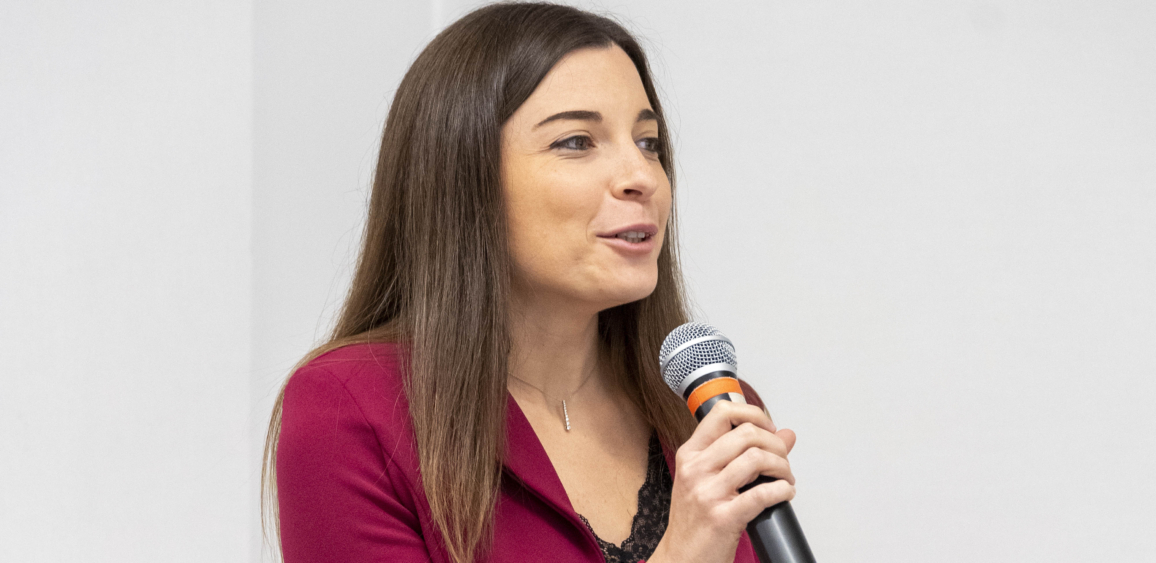
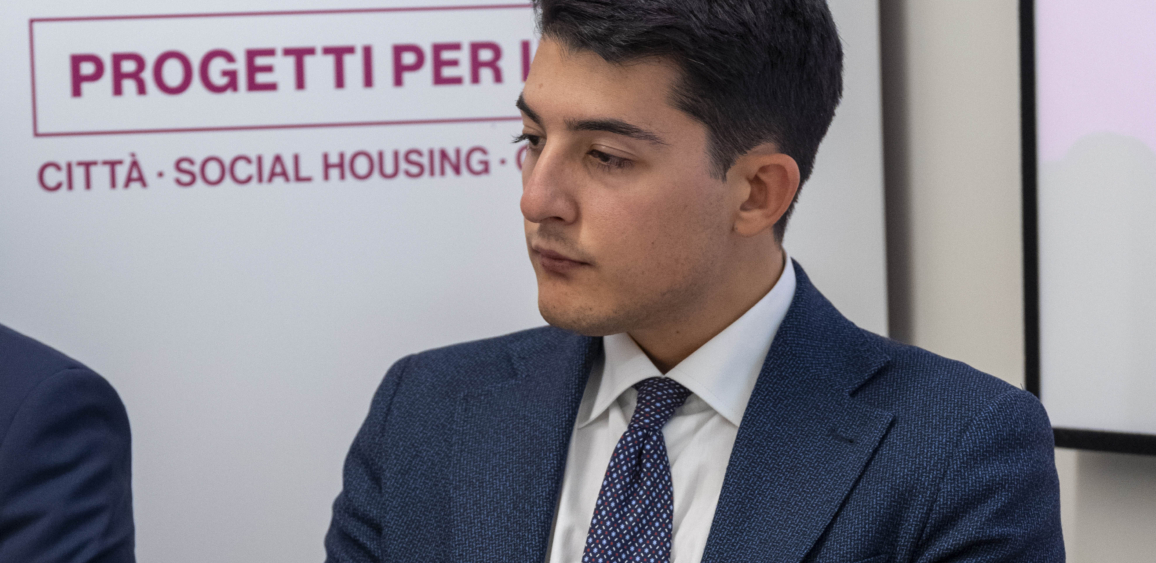
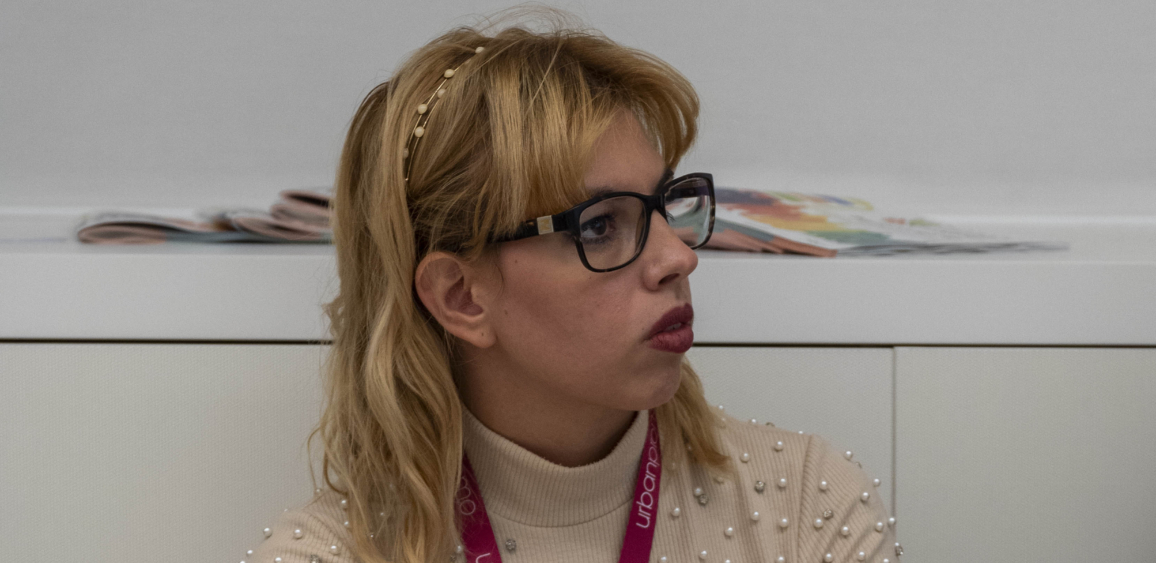

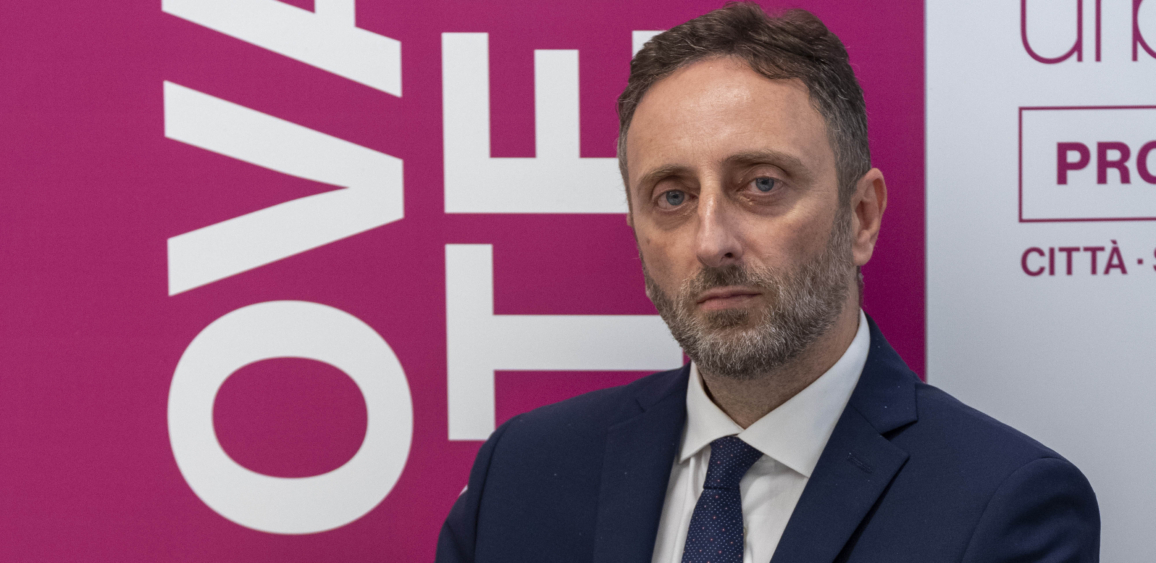
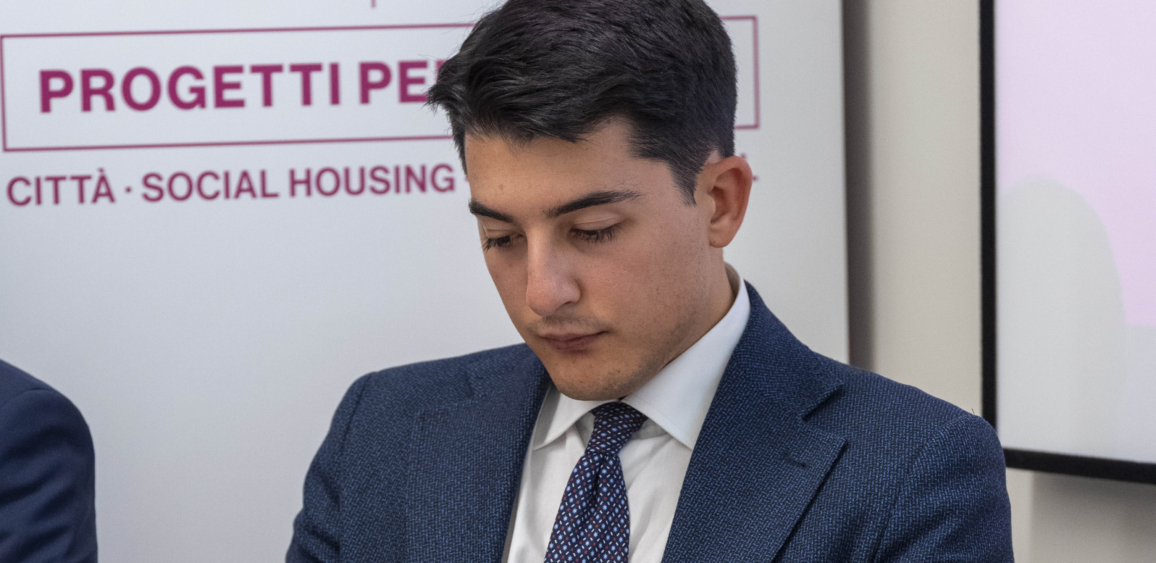
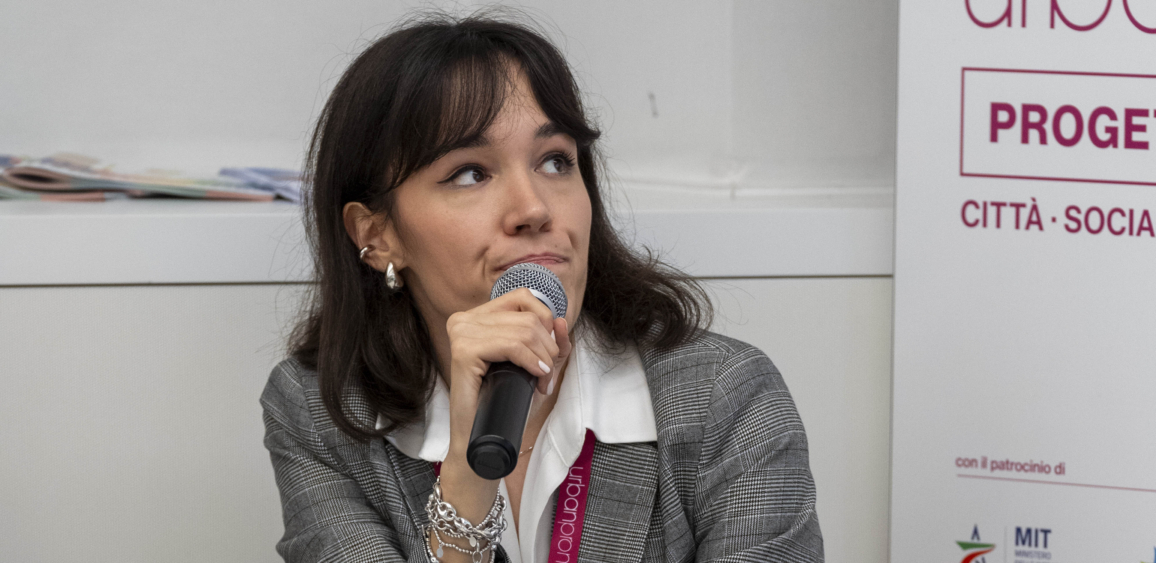
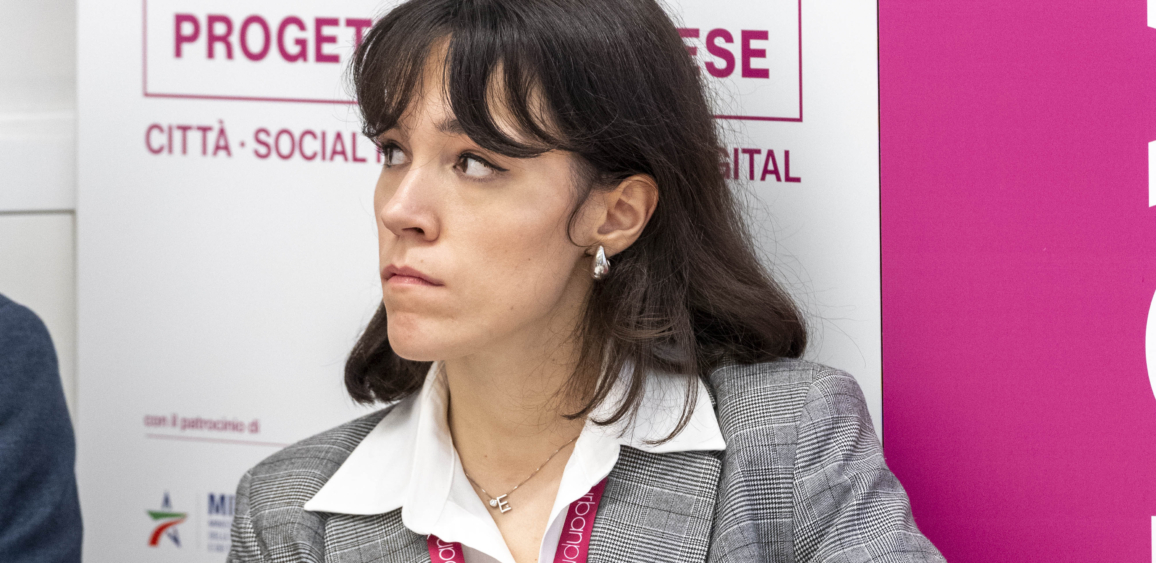
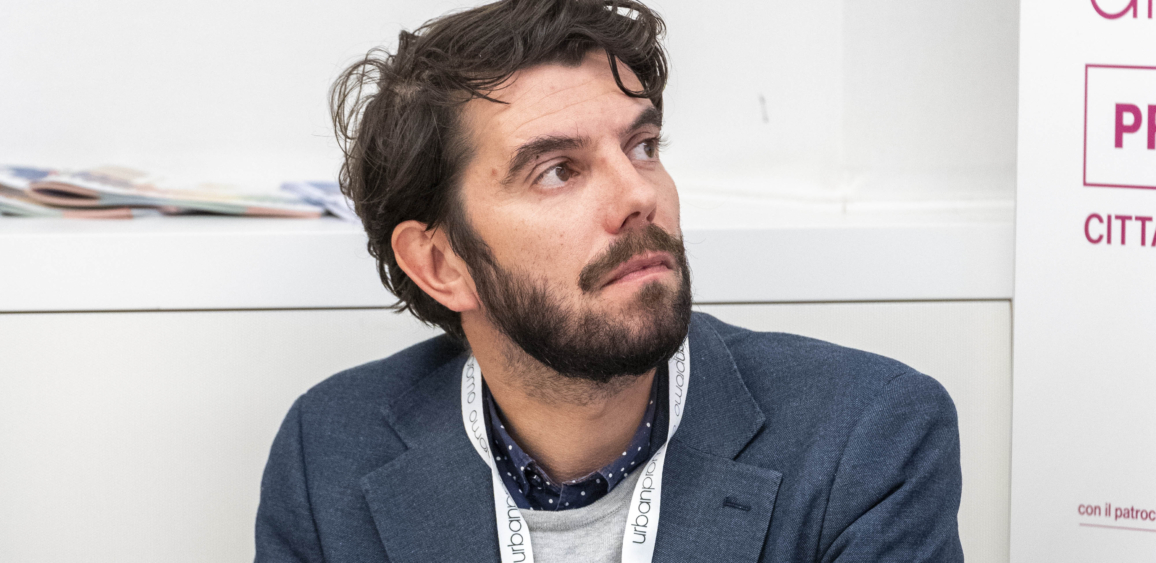

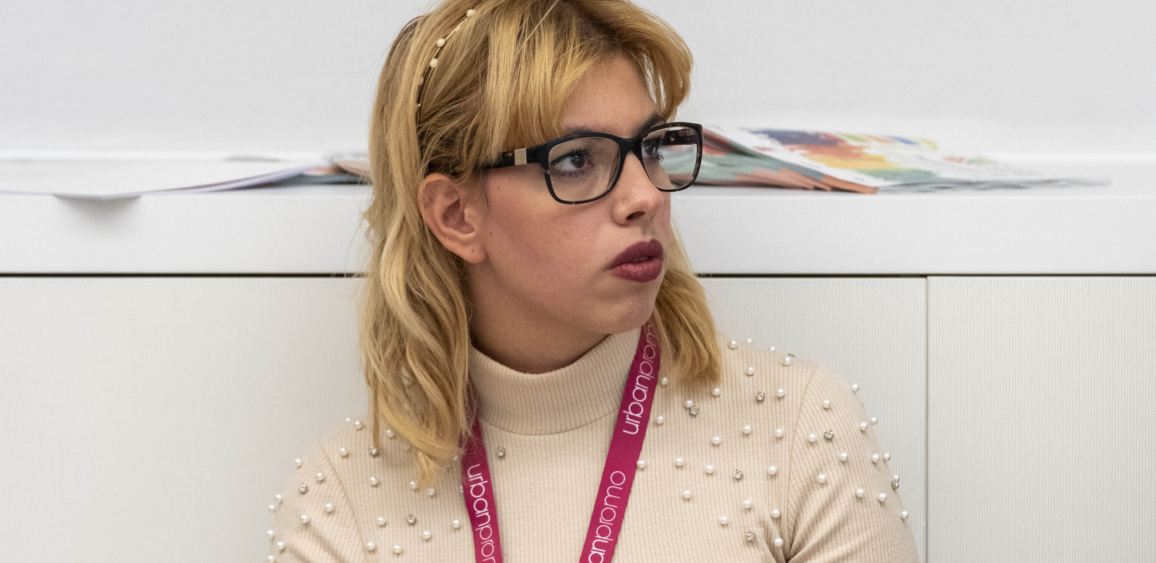


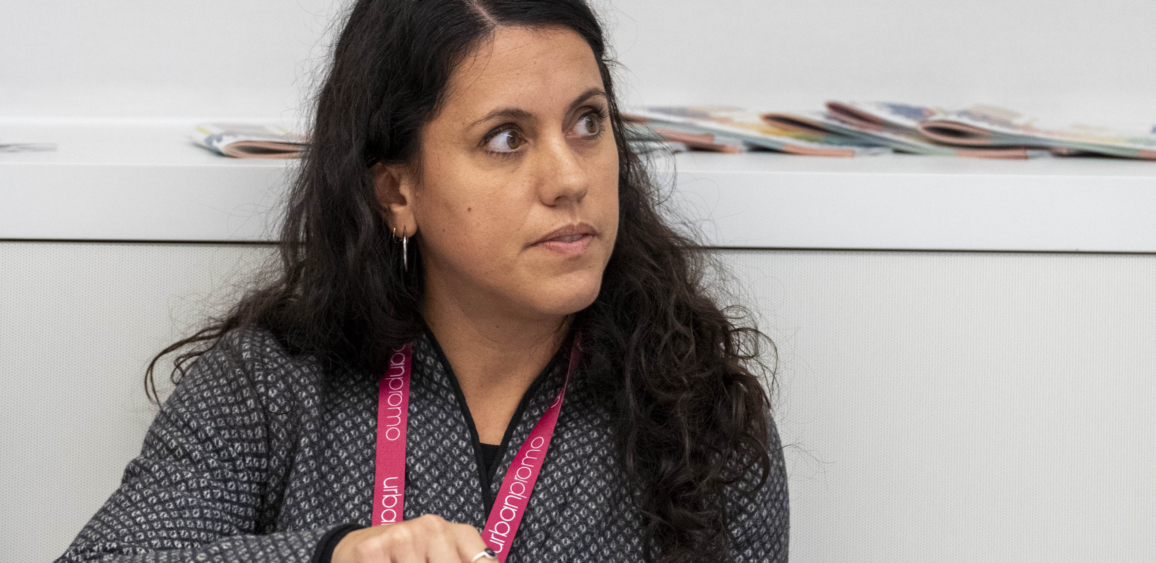
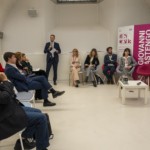
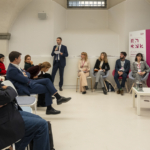
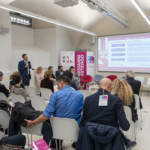
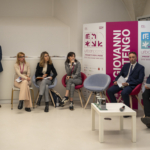
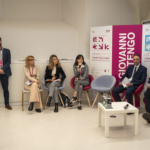
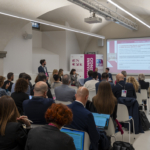
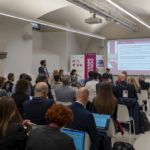
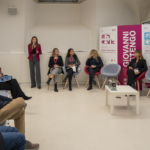
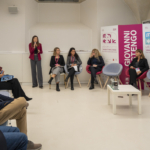
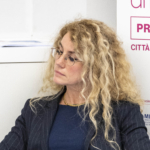








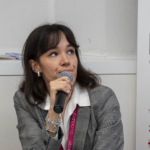






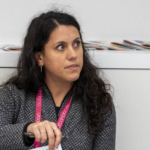
Contributions